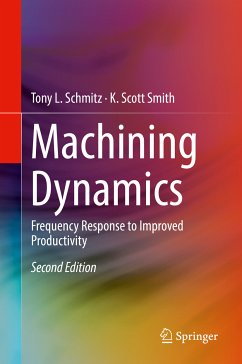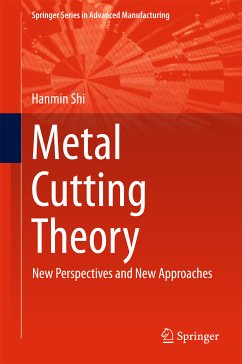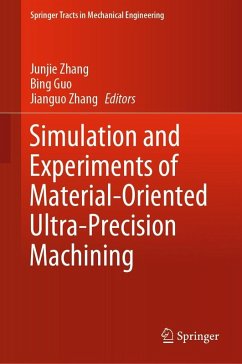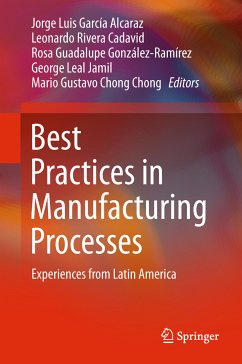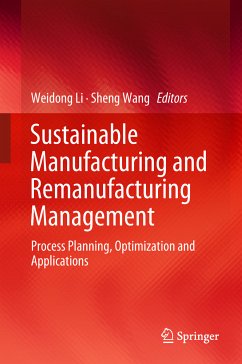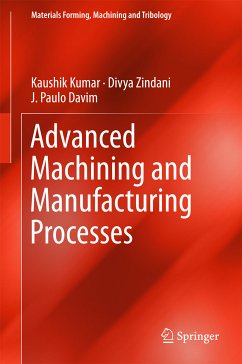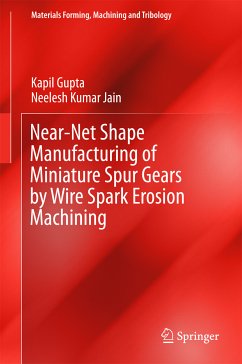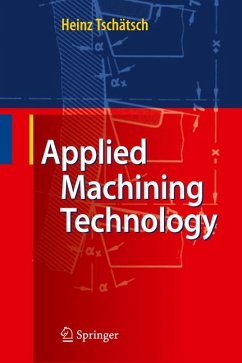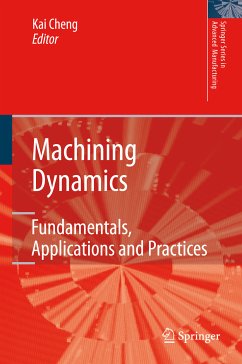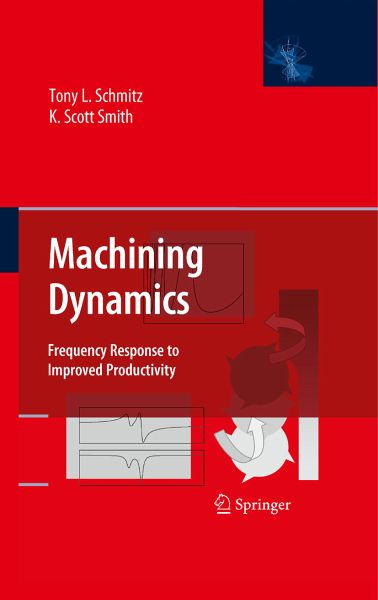
Machining Dynamics (eBook, PDF)
Frequency Response to Improved Productivity
Versandkostenfrei!
Sofort per Download lieferbar
104,95 €
inkl. MwSt.
Weitere Ausgaben:

PAYBACK Punkte
52 °P sammeln!
"Machining dynamics: Frequency response to improved productivity" will train engineers and students in the practical application of machining dynamics, with a particular focus on milling. The book is arranged such that the steps required to improve machining productivity through chatter avoidance and reduced surface location error (forced vibrations resulting in part geometric errors) are clearly evident.The following topics are covered in detail: modal analysis, including experimental methods, to obtain the tool point frequency response function; descriptions of turning and milling, including...
"Machining dynamics: Frequency response to improved productivity" will train engineers and students in the practical application of machining dynamics, with a particular focus on milling. The book is arranged such that the steps required to improve machining productivity through chatter avoidance and reduced surface location error (forced vibrations resulting in part geometric errors) are clearly evident.
The following topics are covered in detail: modal analysis, including experimental methods, to obtain the tool point frequency response function; descriptions of turning and milling, including force modeling, time domain simulation, stability lobe diagram algorithms, and surface location error calculation for milling; and receptance coupling methods for tool point frequency response prediction, including beam theory. Numerical examples are included, as well as the MATLAB code used to develop the figures.
The following topics are covered in detail: modal analysis, including experimental methods, to obtain the tool point frequency response function; descriptions of turning and milling, including force modeling, time domain simulation, stability lobe diagram algorithms, and surface location error calculation for milling; and receptance coupling methods for tool point frequency response prediction, including beam theory. Numerical examples are included, as well as the MATLAB code used to develop the figures.
Dieser Download kann aus rechtlichen Gründen nur mit Rechnungsadresse in A, B, BG, CY, CZ, D, DK, EW, E, FIN, F, GR, HR, H, IRL, I, LT, L, LR, M, NL, PL, P, R, S, SLO, SK ausgeliefert werden.



